Holy city of Jerusalem marks sad end to Ramadan
Published:
2021-05-14 04:36:15 BdST
Update:
2024-04-19 20:02:01 BdST
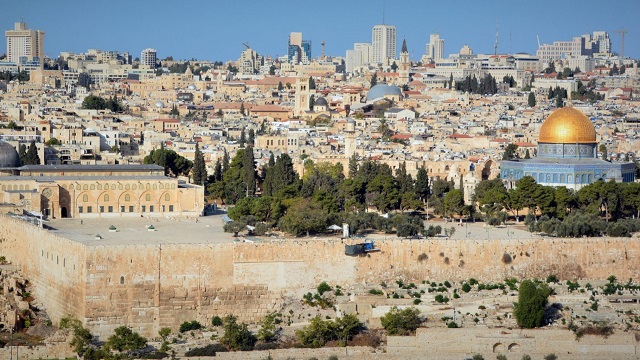
Live Desk: Dressed in sparkly new clothes and clutching balloons, excited children Thursday revelled in the Muslim Eid al-Fitr celebrations in Jerusalem's Old City. But days of violence lay heavy on their parents' hearts. As the first rays of sun began to break over the al-Aqsa mosque compound, the third holiest site of Islam, crowds of Palestinians gathered for the first prayers to mark the end of the holy fasting month of Ramadan.
The three-day festival is traditionally celebrated with mosque prayers, family feasts and shopping for new clothes, gifts and sweets. Stalls stacked high with colourful plastic toys, or tasty sesame-dipped snacks that are a Jerusalem speciality, tempted the crowds snaking along the Old City's narrow stone streets.
At the centuries-old Damascus Gate, scene of violent clashes between Israeli Arabs and police at the start of Ramadan, two huge bundles of helium-filled balloons fluttered in the spring breeze. Mickey Mouse and Spiderman could be spotted bobbing among them.
Just three days ago, Israeli police deployed so-called skunk water there -- a putrid mixture of sewage water -- to disperse the crowds after a weekend of unrest in different parts of Israeli-occupied east Jerusalem.
Hundreds of Palestinians were injured as well as dozens of Israeli police in the clashes which also erupted on the Temple Mount, the most sacred site in Judaism, on which the al-Aqsa mosque and the golden Dome of the Rock shrine also stand.
The convulsion of violence has since spread, engulfing the Gaza Strip run by the Islamic militant Hamas movement, the Palestinian territory of the West Bank and Israeli cities which have seen unprecedented mob clashes between Jewish and Arab residents.
On Thursday the boom of rocket fire could be periodically heard in Jerusalem, where calm has mainly returned to the streets. But many believe it may just be the calm before a further storm.
"Do you see any problems, there, right now? No," said Jabbar, who is in his 60s, pointing at crowds of Palestinians being carefully watched by heavily-armed Israeli police at Damascus gate. "But it could flare up again at any minute," he warned grimly.
'Jerusalem is also ours' -
"Everything will return to normal if God so wishes it," said Fefka, who lives in the east Jerusalem quarter of Issawiya. "The violence has to stop, but everything is only done for the settlers here," she added angrily. "Jerusalem is also ours," she insisted, denouncing Israeli settlers who have moved into the east of the city since it was seized in the 1967 war.
According to the United Nations, east Jerusalem has been illegally occupied and annexed by Israel since then. Hiba, 26, and Soujoud, 21, have been visiting the al-Aqsa compound since Friday, the day the troubles erupted, triggered by the threat of evicting Palestinian families from their east Jerusalem homes to allow settlers to move in.
"Morning and evening, we stayed at al-Aqsa," said Soujoud, a secretarial student. "We don't want any problems (with the police), but the mosque is ours and we have to defend it," she added.
On the site, which overlooks the sprawling Old City below, children were entertained by a clown, while adults brandished Hamas flags and rolled out banners praising the Islamist movement. "Jerusalem is a red line," read one of the banners. On al-Wad street which crosses the Old City, some passers-by were wearing shirts decorated with Palestinian flags, others had painted them on the cheeks.
Many were wearing the black-and-white chequered keffiyah scarf which has become a symbol of the Palestinian cause. "We feel very sad for the Eid today, because of the situation and the violence," said Hiba. "We can't be happy when we see what is happening in Gaza and elsewhere."
Dhaka, 13 May (campuslive24.com)//AIT
Topic:


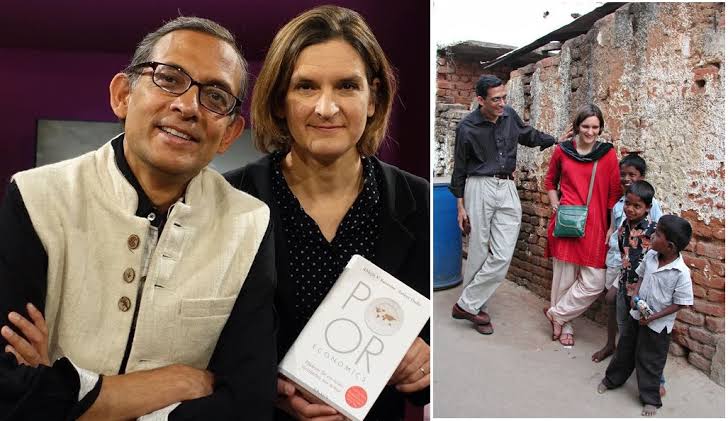
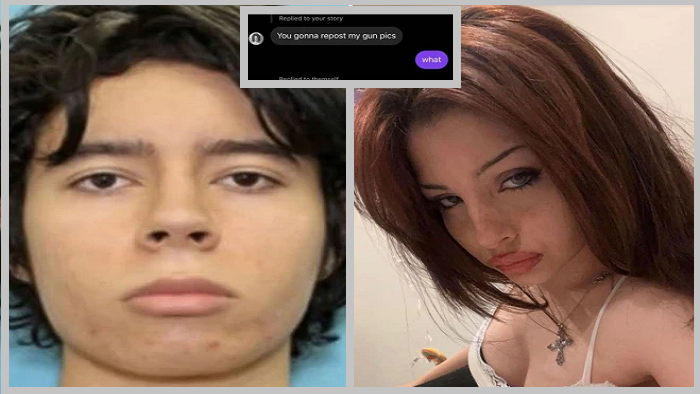
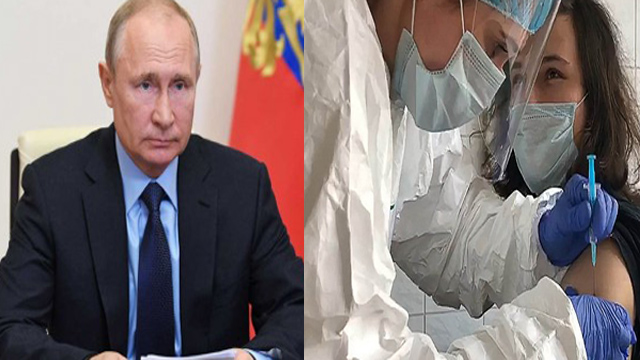

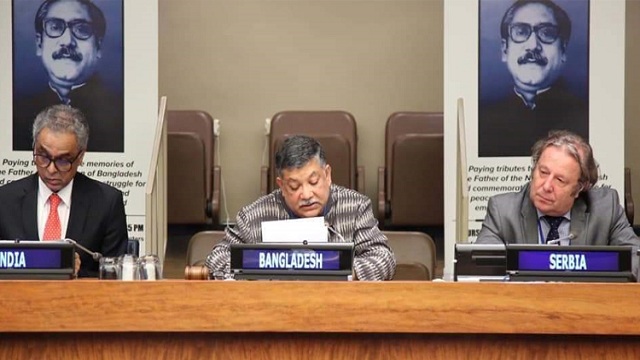
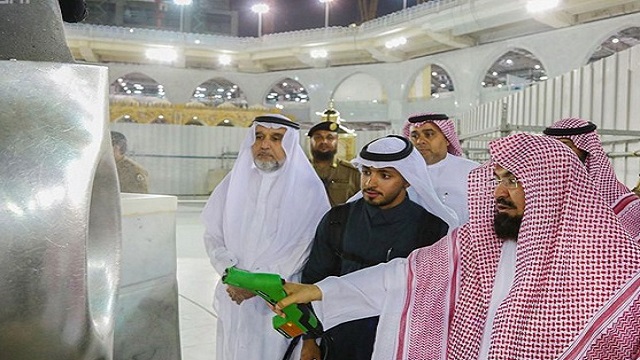
Share Your Valuable Comments: